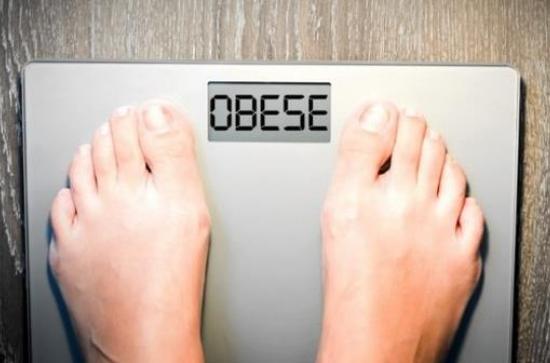
Irish scientists have shed light on how childhood obesity can severely compromise the body’s ability to fight off diseases such as type 2 diabetes and multiple cancers in a new paper published in the prestigious Journal of Clinical Investigations Insight. Dr Andrew Hogan, lecturer at Maynooth University, explains: “We are aware that obesity in adults causes chronic inflammatory disease such as cancer and diabetes due to changes in their immune system. We wanted to see if the same changes were present in obese children.”
Dr Hogan was co-senior author of the research paper along with Professor Donal O’Shea (Diabetes Complication Research Center at UCD), who is the HSE national lead for obesity. The first author of the study, which was funded by the National Children’s Research Centre (NCRC) and Children’s Medical Research Foundation (CMRF), was Dr Laura M. Tobin, who completed her PhD in Immunology at Maynooth University.
“Our research team studied a group of 100 children between 6 – 17 years of age in Our Lady’s Children’s Hospital - 50 within healthy weight ranges and 50 who were obese. We found that in obese children, there was a significantly reduced frequency of Natural Killer cells present in the body,” said Dr Hogan.
Natural Killer (NK) cells are a crucial part of the body’s innate immune system that targets infected and cancerous cells and eliminates them by releasing cytotoxic molecules, which break down and kill the aberrant, potentially dangerous cells. A lack of fully functional NK cells has been linked in patients with recurring viral infections and incidence of certain cancers.
“We found that the levels of NK cells present in the bodies of obese children were about 50% less than those present in those of normal weight” said Dr Hogan.
In addition to reduced level of NK cells, the researchers also found that the remaining cells in obese children had limited functionality, making them less effective at eliminating dangerous cells in the body and unable to sufficiently proliferate themselves to keep healthy levels of NK cells present in the body.
Samples of the NK cells were taken from the children in the study and were challenged with killing tumour cells, which would be typically targeted and easily killed by NK cells. After leaving the culture for four hours, the scientists discovered that the NK cells taken from obese children were roughly half as effective at eliminating the tumour cells as those taken from other children.
Discussing the impact of the research on the wider public, Dr Hogan said, “This research gives us a valuable insight into the early stages of obesity’s effect on the body’s immune system. Globally, over 50 million children are now classified as obese and it vital that we fully understand the impact this will have on them into the future. We know that up to 40% of adult cancer cases are attributed to being overweight or obese, but we need to better understand the mechanisms by which obesity causes health problems in order to tackle this growing problem.
“While this is bad news for those suffering from childhood obesity, the situation is far from hopeless. Research suggests that the damage to immune systems can be reversed and the frequency and functionality of the NK cells restored once a child’s weight is brought back within healthy levels.”
Commenting on the report, Professor O’Shea said policymakers need to take note of what are stark results. “We know obesity is responsible for our trolley crisis through driving multiple common diseases. This work shows that we simply have to increase the efforts at preventing overweight and physical inactivity in children. The seeds of adult chronic obesity driven diseases are being nurtured in our children – it’s not sustainable if we want a healthcare system that can cope over the next 20 years."
